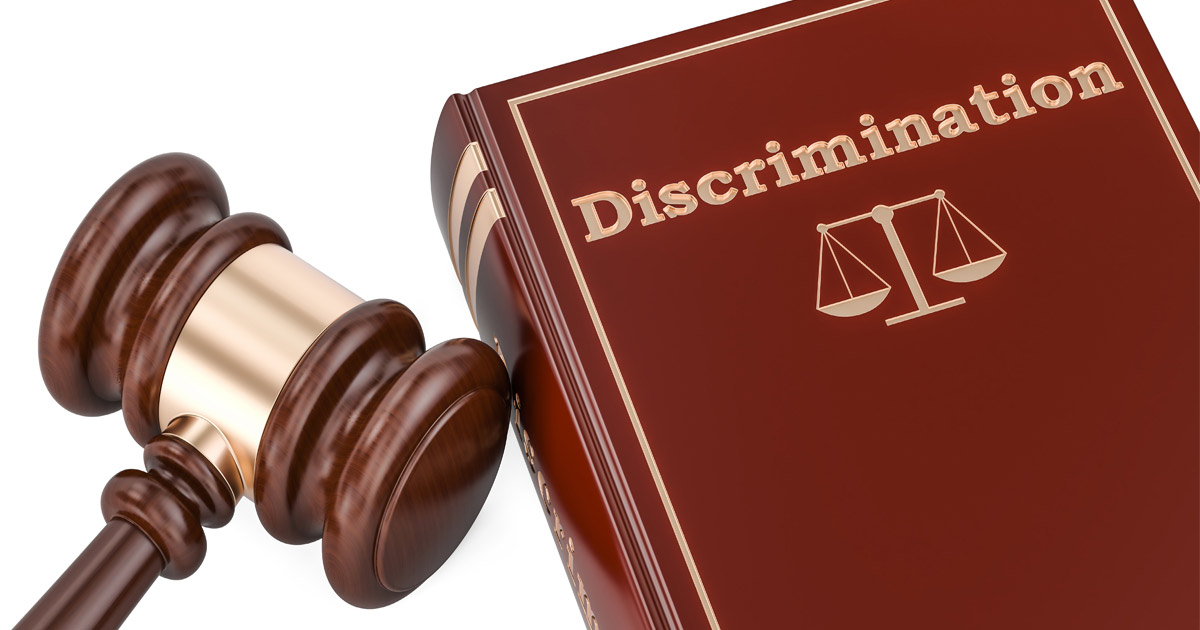U.S. Supreme Court Shields Religious Schools from Discrimination Lawsuits

On July 8, 2020, the United States Supreme Court ruled that courts cannot intervene in employment disputes involving teachers at religious schools if those teachers have been entrusted to deliver religious instruction. The ruling has broad implications, potentially stripping away employment law protections from more than 300,000 teachers working at religious schools across the country. It may also impact other employees at Catholic hospitals, camps, and other religious workplaces.
The court reviewed two cases involving job bias claims filed by two Catholic schoolteachers in California. In Our Lady of Guadalupe School v. Morrissey-Berru, the plaintiff alleged age discrimination bias because she was told days before her 65th birthday that her contract would not be renewed. In St. James School v. Biel, the teacher was terminated after she requested time off for surgery and chemotherapy treatment. Biel subsequently died of cancer, and her husband continued with the litigation on her behalf.
In writing the majority opinion, Justice Samuel Alito stated that the First Amendment protects the rights of religious institutions to decide for themselves, free from state interference and matters of church government, as well as those of faith and doctrine. The religion clauses in the First Amendment provide that Congress shall make no law respecting an establishment of religion or prohibiting the free exercise thereof. Alito referred back to a 2012 Supreme Court decision in Hosanna-Tabor Evangelical Lutheran Church and School v. EEOC, where the Court ruled that teachers holding the title of minister could not sue for job bias. This ministerial exception bars employees from suing their religious school employers for discrimination.
Justice Alito stated that even though the Catholic schoolteachers in this case did not have the title of minister, their job functions were essentially the same because they were entrusted with providing religious instruction at least part of the week and prayed with the children. Prior to this case reaching the Supreme Court, the Ninth U.S. Circuit Court of Appeals at San Francisco allowed the lawsuits after ruling that the teachers were secular, rather than religious, employees.
In a dissent, Justice Sonia Sotomayor noted that both teachers primarily taught secular subjects and were not required to be Catholic. Justice Sotomayor was joined in her dissent by Justice Ruth Bader Ginsburg.
Implications for Future Employment Discrimination Cases
The ruling represents a win for Evangelical religious schools, as well as Catholic institutions. At the same time, it is a major setback for the LGBTQ community whose members gained protections against employment discrimination in a recent Supreme Court ruling. There are numerous state and federal laws protecting individuals from employment discrimination, including Title VII of the Civil Rights Act and the Americans with Disabilities in Employment Act. These laws and others make it illegal for employers to treat workers unfairly simply because of their race, national origin, sex, religion, age, or disability. Regarding the cases of the two Catholic schoolteachers in California, there was evidence that age and disability discrimination occurred; however, that evidence was not in dispute. The issue was the constitutionality of applying employment law to religious institutions.
In her dissent, Justice Sotomayor noted that, with this ruling, so long as the employer determines that an employee’s duties are vital to carrying out the mission of the church, the employer can make employment decisions based on a person’s skin color, age, disability, sex, or any other protected trait for reasons having nothing to do with religion, permitting religious entities to discriminate widely and with impunity for reasons wholly unconnected to religious beliefs.
Philadelphia Employment Lawyers at Sidkoff, Pincus & Green P.C. Help Clients with Complex Legal Challenges
The recent Supreme Court ruling confirms that the field of employment law is continually being revised. In matters of discrimination, the employer-employee relationship can be extraordinarily complex. Our Philadelphia employment lawyers at Sidkoff, Pincus & Green P.C. can help with your employment matter. To arrange an initial consultation, contact us online or call us at 215-574-0600. Located in Philadelphia, we serve clients throughout Pennsylvania and New Jersey.















